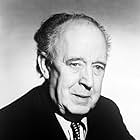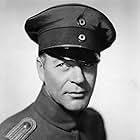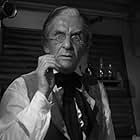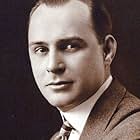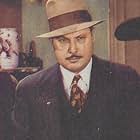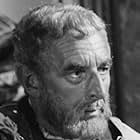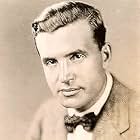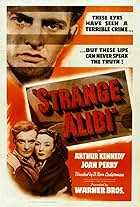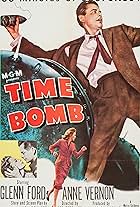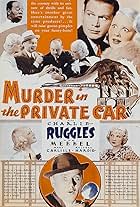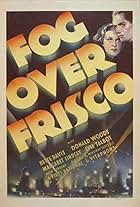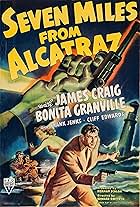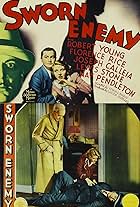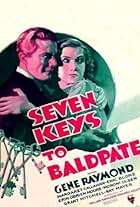... because this is a film about getting silk to the New York mills in time for the latest Paris fashions to hit the market on schedule. In 1933 a quarter of Americans were unemployed, and it's not like the cargo is something vital to life like baby formula or iron lungs. I can't see how you are going to get an audience worked up about a shipment of silk. But I digress.
So think of the silk as a McGuffin. Donald Kilgore (Neil Hamilton) is head of the New York mills protective association. Bad guy Wallace Myton (Arthur Hoyl) has bought up all of the silk he can lay his hands on and is price gouging. Kilgore can get a huge shipment sitting on the docks at Seattle on a train and back to the east coast in three days. Myton says if the association does that he won't sell them silk at any price. They refuse his offer and go with Kilgore's plan. So Myton does everything in his power to sabotage Kilgore's mission and stop that silk from getting to New York, and that includes murder.
Kilgore is aware of this possible threat, and brings on a transportation attorney to help with any legal snags (Robert Barrat as Calhoun). Also on board is a man with a rare form of sleeping sickness who will die in three days if he can't get to New York and the only clinic that can treat him. Accompanying him is his doctor and his grown daughter. Along the way there are two murders. And we already know from the scenes with Myton that he has three men on the train. Two are common criminals, but the third is an elite criminal who never fails. That is the set-up for this transcontinental trip.
The man with sleeping sickness and the urgency of his situation was probably inserted to A. Get a pretty young lady into the cast B. Inject some human interest rather than making this all about silk. It's a taut little film, running at a fast paced 61 minutes. It gives both Allen Jenkins and Guy Kibbee a chance to be something more than just the comic relief for a change, with Kibbee being a railroad officer and Jenkins an erudite boxcar tramp. That's the nice thing about these WB precodes. Each player always played a certain type. For example, you see Arthur Hoyl and you know right away his character is probably a slimy little weasel. You don't have to waste script space showing the audience he is a slimy little weasel.
This was a good little precode era film with nothing precode about it. WB should have used it as a model on how to make comedy in the production code era that would pass the censors but, alas, they did not.












